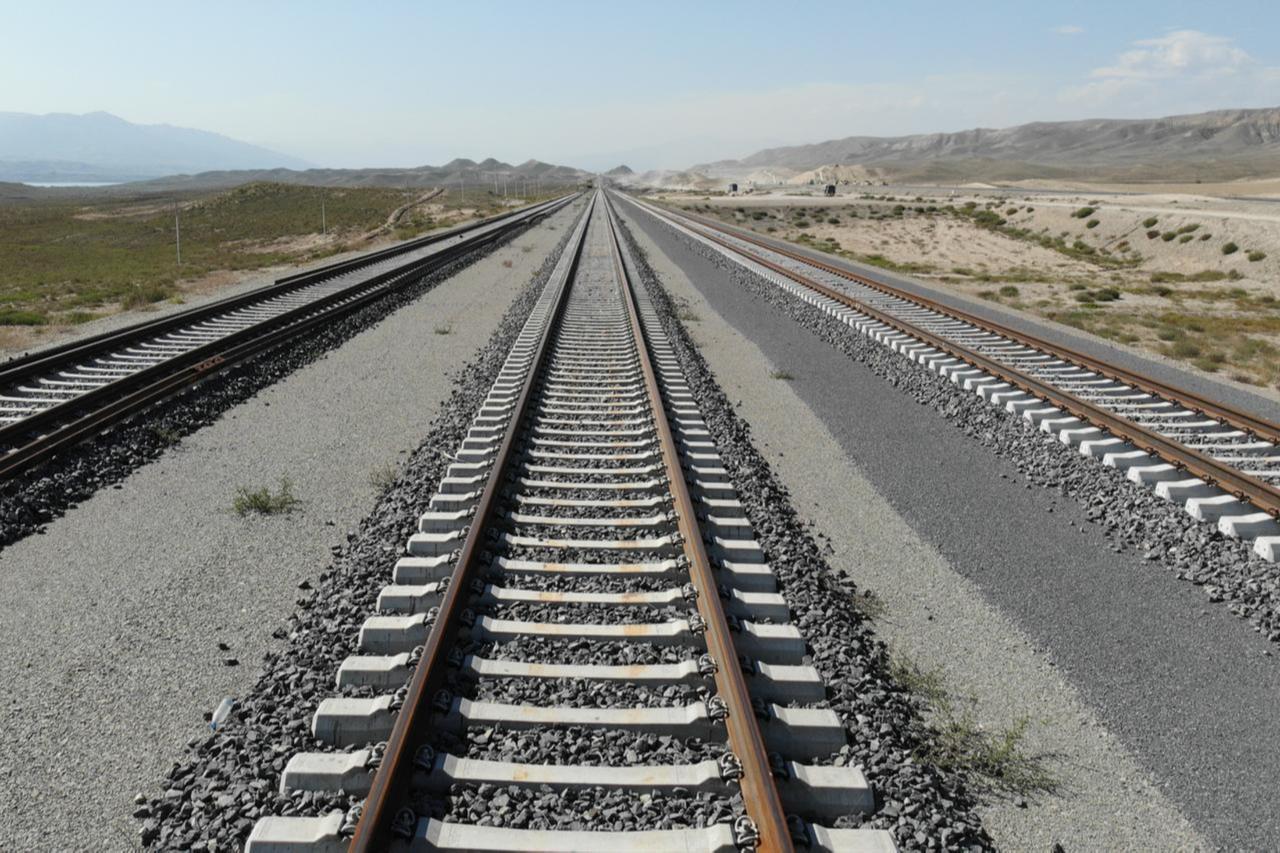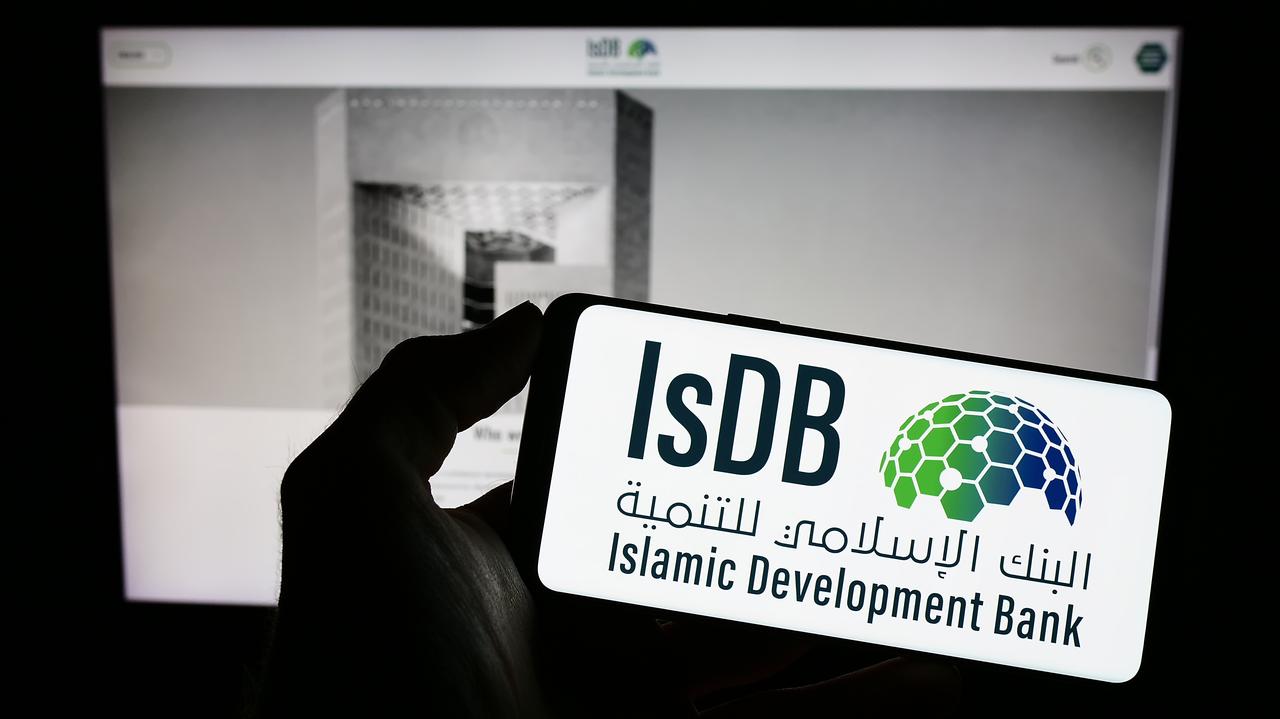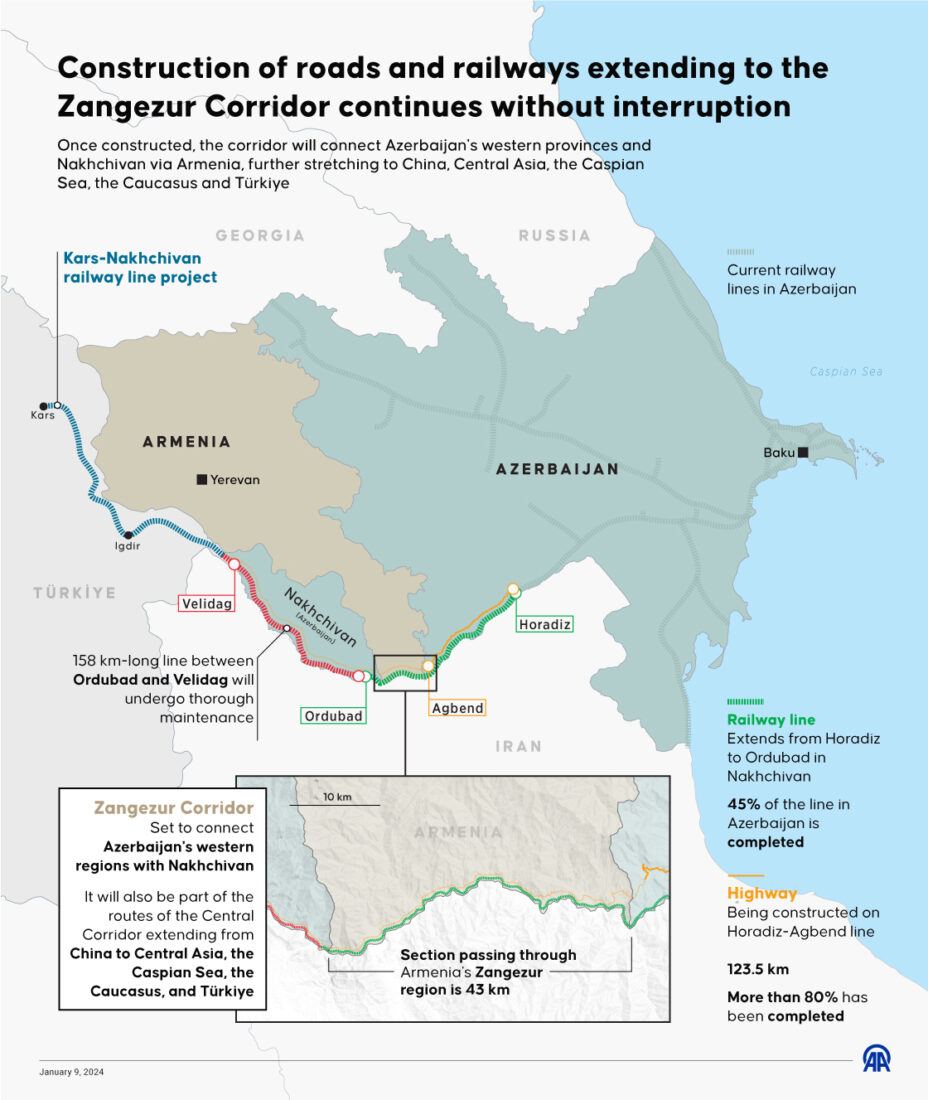
Türkiye secured €2.4 billion ($2.8 billion) in external financing for the Kars-Igdir-Aralik-Dilucu Railway Project, a strategic infrastructure initiative aimed at strengthening the country’s regional railway connectivity, particularly with the autonomous Nakhchivan region of Azerbaijan, Treasury and Finance Minister Mehmet Simsek said Tuesday.
According to information obtained from the Treasury and Finance Ministry, the financing deal aligns with Türkiye’s Medium-Term Program, which outlines a broader goal of enhancing public infrastructure investments to support economic and social development.
The financing agreements were signed between the Turkish Treasury and a group of international creditors led by MUFG Bank and classified as green financing due to their alignment with sustainability objectives.
Export credit agencies from Sweden (EKN) and Austria (OeKB) are participating in the deal, along with the Islamic Corporation for the Insurance of Investment and Export Credit (ICIEC), which operates under the Islamic Development Bank. Several other international banks and institutional investors are also involved under these guarantees.

The project is being implemented by the General Directorate of Infrastructure Investments under the Transport and Infrastructure Ministry. It aims to establish a direct railway connection between Türkiye and Nakhchivan, fostering sustainable transport and improving trade flows across the region.
Officials describe the railway as a key component of an integrated development strategy that will improve access for regional production centers to international markets.
Including the latest railway financing, Türkiye’s total external funding for project-based investments this year has reached approximately $6 billion.

Commenting on the agreement, Simsek emphasized that the continued inflow of international financing reflects growing confidence in Türkiye’s economic program.
Simsek says the sustained inflow of funding reflects global confidence in Türkiye’s economic agenda, adding, “We continue to support infrastructure investments that enhance our country’s competitiveness and productivity, while maintaining close cooperation with international institutions.”